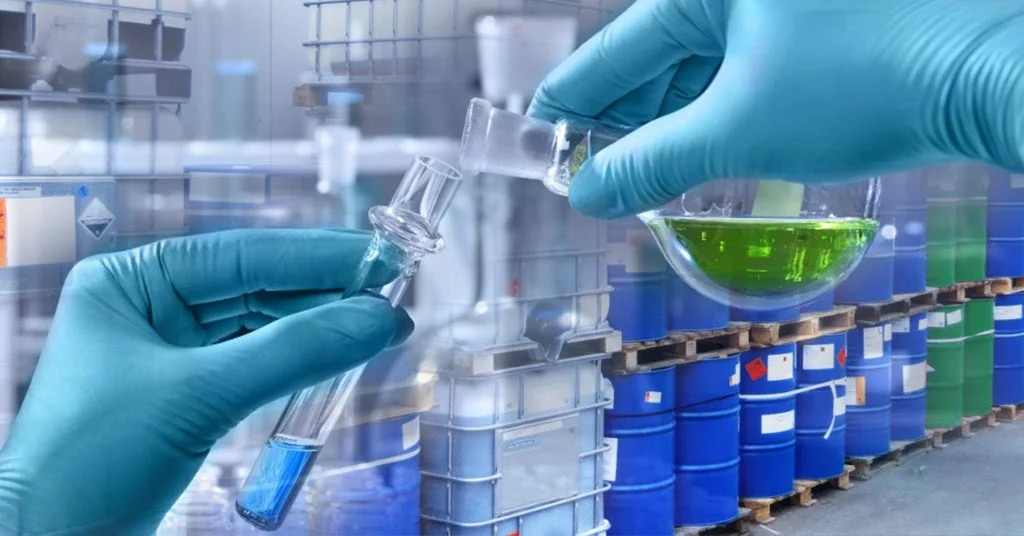Welcome To ChemAnalyst

A South Korean consortium has successfully obtained the necessary land in Geraldton, Western Australia to establish a green ammonia export hub. With a projected investment of $10 billion, the consortium plans to construct a factory capable of producing 1 million tonnes of green ammonia each year on two lots at DevelopmentWA's Narngulu Industrial Estate.
The government of Western Australia views this project as a complementary initiative to the planned hydrogen hub at Oakajee, which is also receiving government support and undergoing environmental planning law revisions. The consortium aims to produce 200,000 tonnes of green hydrogen by 2027 and commence green ammonia exports to South Korea by 2029.
Leading the project is Progressive Green Solutions (PGS), a Perth-based company. James Rhee, PGS's managing director, acknowledges the ambitious timeline but emphasizes the strong backing from the government and an existing partnership with a US supplier for the required electrolyzer equipment. Rhee highlights the company's commitment to delivering green ammonia promptly to aid in decarbonizing power generation.
Moving forward, the consortium will initiate initial environmental and feasibility studies, conduct public consultations, and make a final investment decision by the end of 2025. If successful, this project will serve as a model for future green ammonia initiatives in Western Australia.
The consortium was initially formed in November of the previous year when PGS signed a memorandum of understanding (MoU) with Korea Midland Power (KOMIPO), a subsidiary of the state-owned Korea Electric Company. Samsung C&T has since joined the partnership.
Currently, PGS is evaluating three potential sites for renewable energy procurement to power the facility. This includes assessing 450,000 hectares of pastoral leasehold land and exploring partnerships with two coastal wind farm developers interested in supplying electricity.
Green hydrogen, transported as ammonia, plays a crucial role in South Korea's efforts to decarbonize its economy. The country has signed agreements, such as the one with Origin in 2021, to import green ammonia from various sources. Feasibility studies have been conducted for projects like Origin's proposed Bell Bay plant in Tasmania, which aims to produce 500 megawatts and 420,000 tonnes of green ammonia annually.
In addition, three South Korean conglomerates are partnering with Queensland-based Ark Energy for a $20 billion hydrogen and ammonia project, targeting 1 million tonnes of exports by 2032. French power company Engie and POSCO have also signed a deal to construct a 1.2 million tonnes per annum green ammonia project in Oman by 2027.
We use cookies to deliver the best possible experience on our website. To learn more, visit our Privacy Policy. By continuing to use this site or by closing this box, you consent to our use of cookies. More info.
